Mythology
-
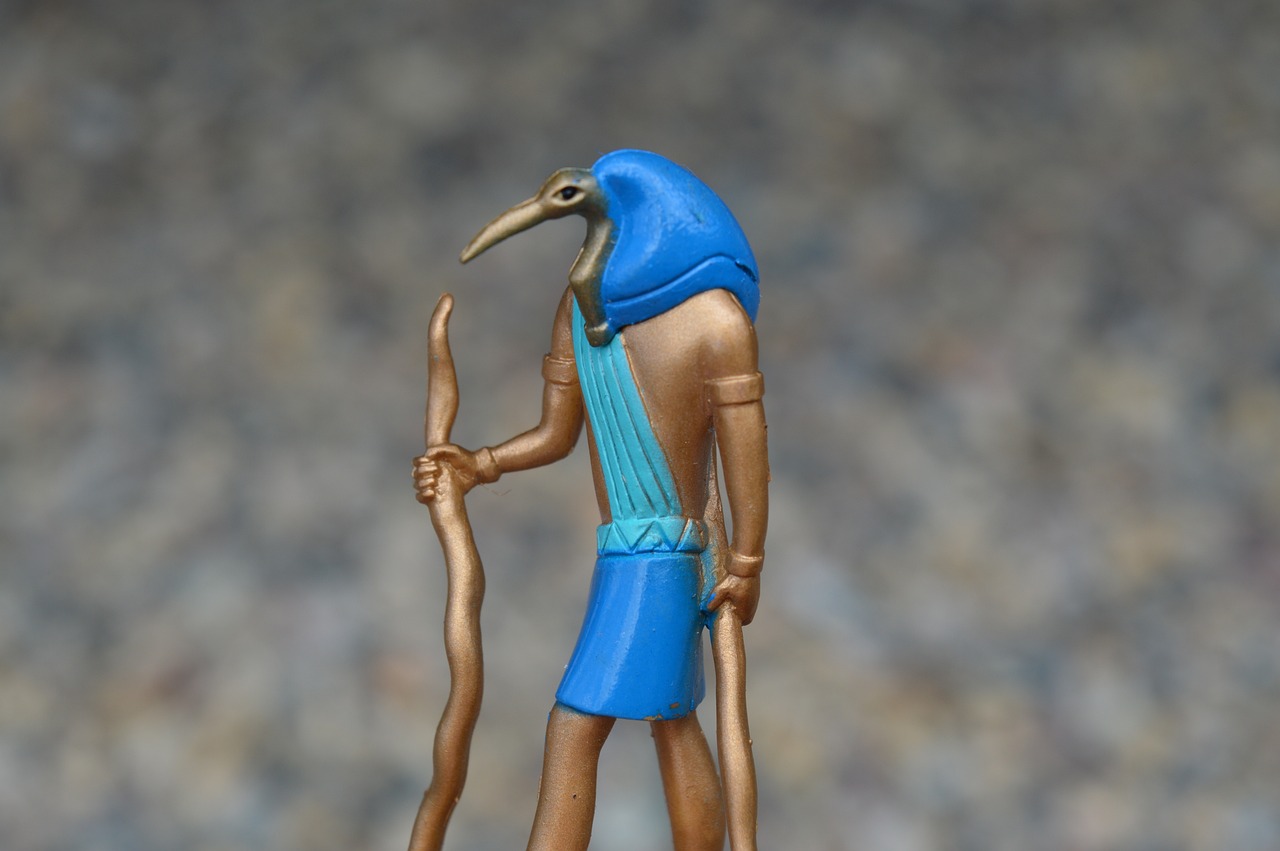
Thoth: The Egyptian God of Wisdom and Writing Thoth stands as the revered Egyptian deity associated with writing, wisdom, and magic. His influence extended to maintaining order and justice, serving as an advisor and mediator among the divine beings. As the protector of scribes, he was often depicted alongside his female counterpart, Seshat, the Goddess…
-
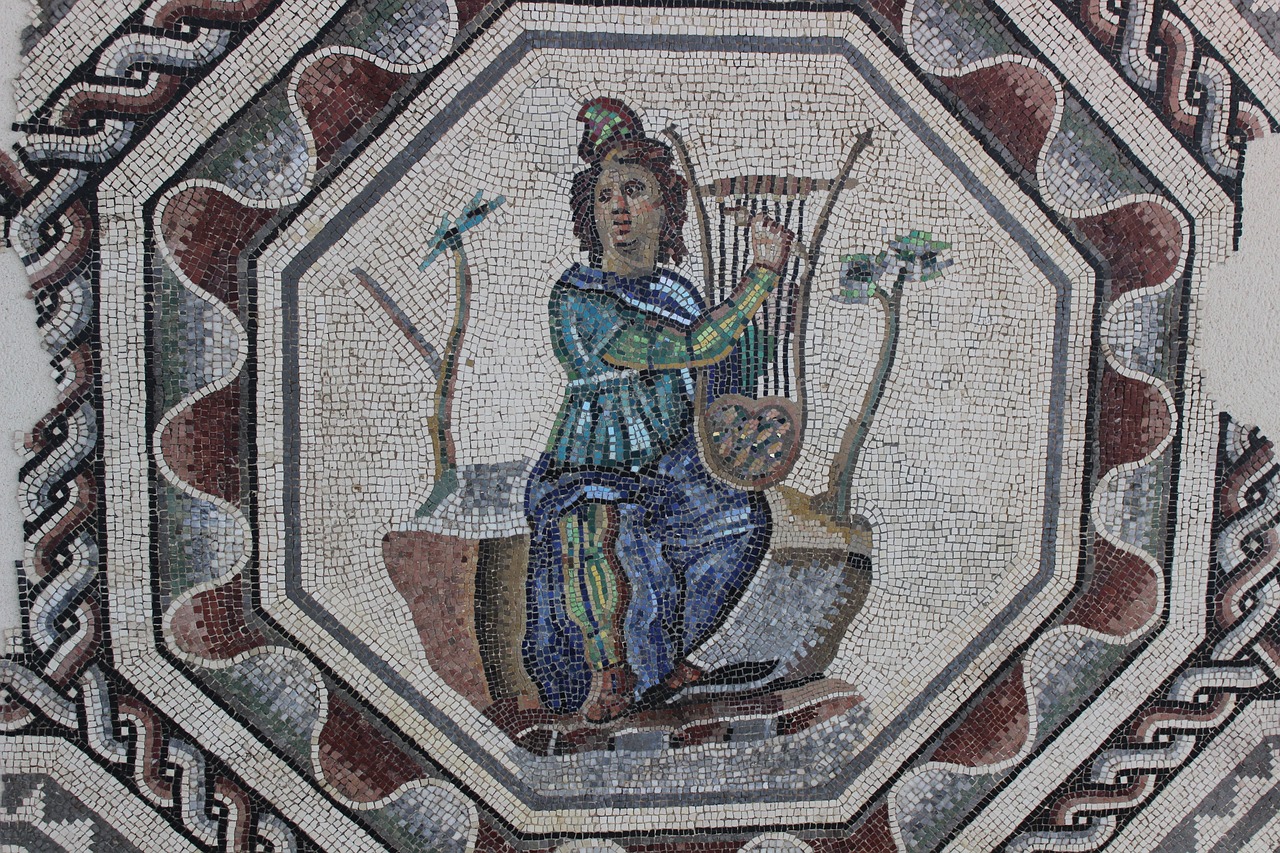
The Legend of Orpheus: Music, Love, and Loss Mythology served as a means for ancient civilizations to understand their environment and reflect on the dynamics of their society. Over the ages, these myths evolved, embodying various interpretations. Many of these narratives held significant sway in the realms of cosmology and religion, with the Orpheus myth…
-
As an employee of Asana, I may have a natural affinity for the platform, but I genuinely believe it stands out as an exceptional project management tool. It serves as a consolidated point of reference for our team, ensuring clarity around who is responsible for what and by when. This centralized approach allows us to…
-

In Roman mythology, Saturn is a prominent deity linked to agriculture, wealth, and the concept of time. Often depicted as a venerable man with a long beard, wielding a sickle, Saturn is intricately connected to the ideal of the “Golden Age,” a legendary era characterized by tranquility and abundance. Saturn’s counterpart in Greek mythology is…
-

In ancient Greek mythology, the Titan Prometheus is renowned both for his cunning nature and for bestowing the essential gift of fire upon humanity. This act of defiance against the god Zeus resulted in severe retribution, wherein every day an eagle would consume his liver while he remained shackled to a rock, unable to escape…
-
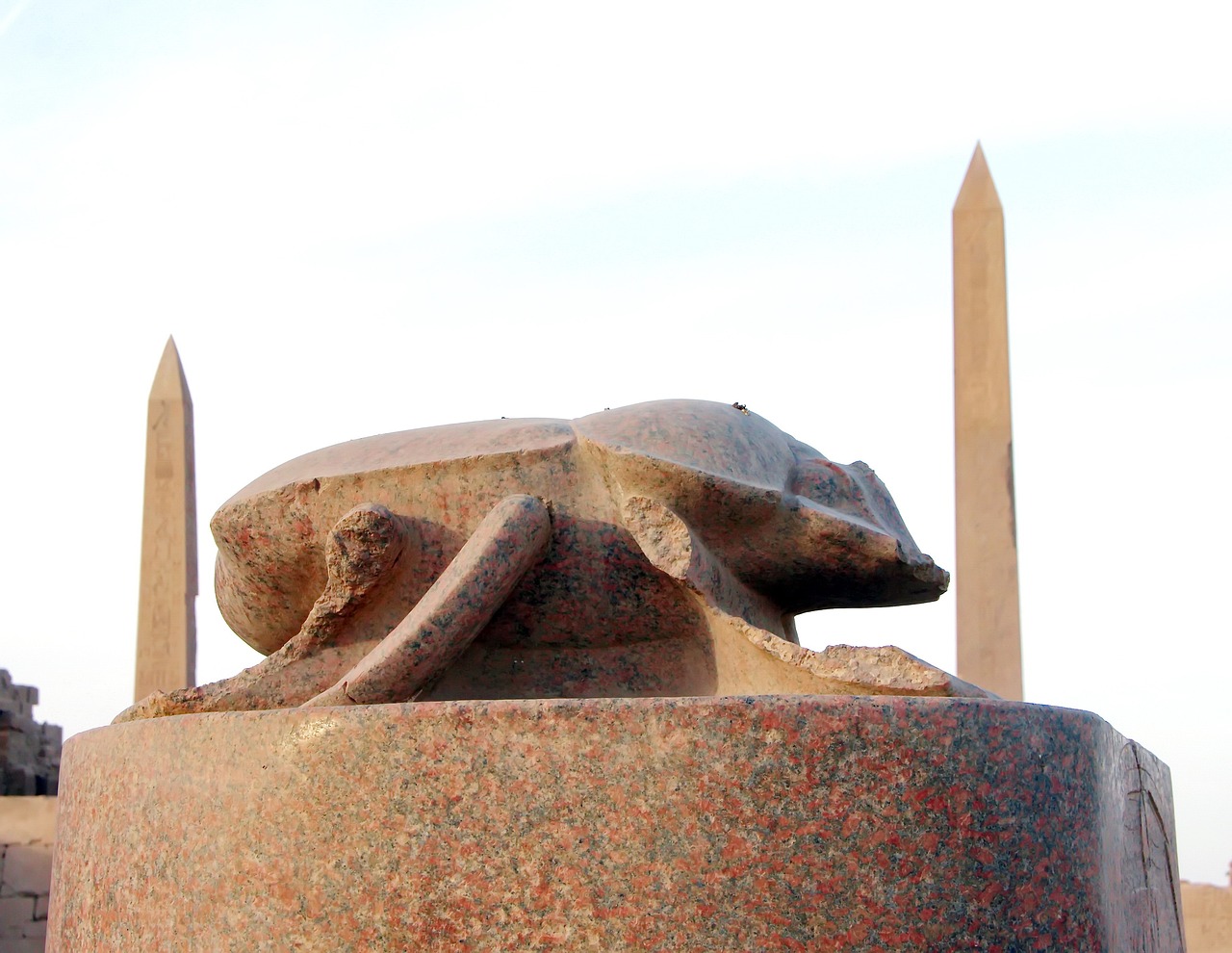
Khepri, also known by names such as Kheper, Khepera, Chepri, and Khephir, is primarily linked to the scarab or dung beetle (Scarabaeus sacer), firmly establishing him as a prominent insect deity in ancient Egyptian mythology. The Egyptians observed the scarab beetles as they rolled dung into spherical shapes and transported it to their burrows. This…
-
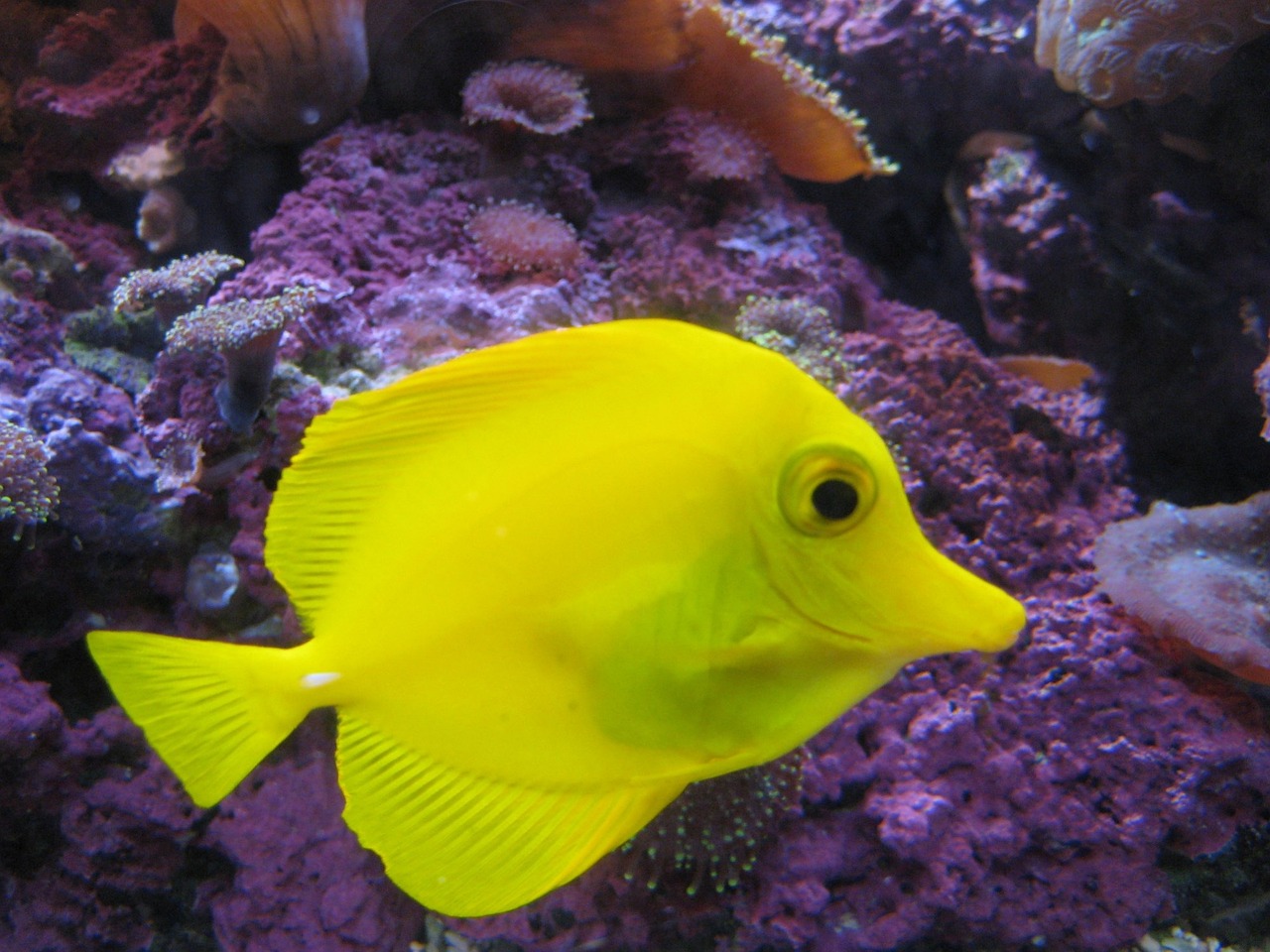
Tang San Zang: An Overview Name Meaning Tang: This surname was bestowed upon him when he formed bonds of brotherhood with the Emperor of the great Tang dynasty. San Zang: Translating to Tripitaka, this refers to the holy texts he was assigned to retrieve, which include: a) Vinaya Pitaka b) Sutra Pitaka c) Abhidharma Pitaka…
-
Manannán: The Enigmatic Sea Deity Manannán mac Lir, commonly referred to as simply Manannán, holds a prominent place in Irish mythology and beyond. Known in different cultures as Manann Mac Lir (Irish), Mac y Leir (Scottish), and fab Llyr (Welsh)—which translates to “Son of the Sea”—he is depicted as a critical figure not just in…
-
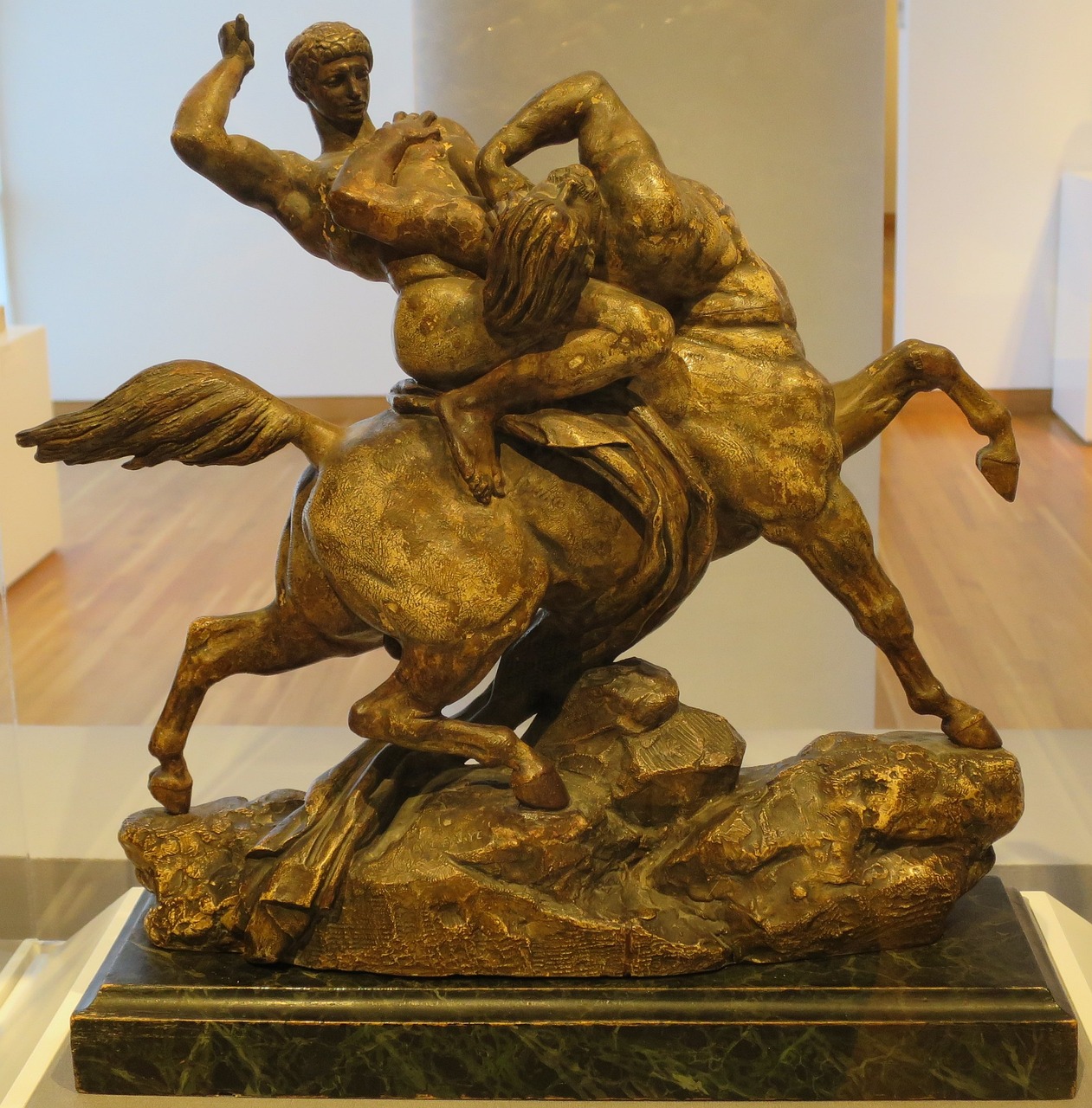
Have you ever come across the tale of the Minotaur and the hero, Theseus? This legendary narrative follows the terrifying monster and a tyrannical king, showcasing the incredible bravery displayed by Prince Theseus and Princess Ariadne in their quest to rescue the people of Athens. The Fearsome Beast On the island of Crete, the offspring…
-
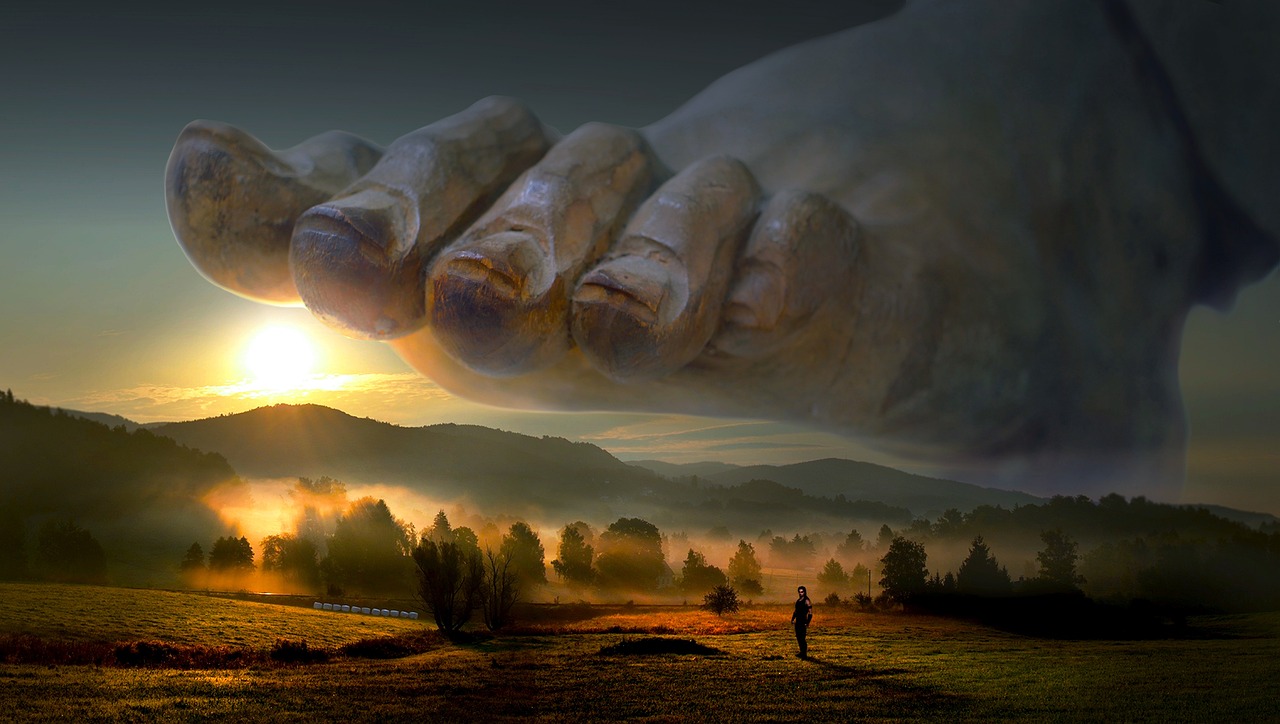
Vulcan: The Roman God of Fire and Forge Vulcan, known as Volcanus, was the Roman deity revered as the god of fire and forge, paralleling the Greek Hephaestus. Born to the prominent gods Jupiter and Juno, Vulcan served as the protector of blacksmiths and craftsmen, embodying not only the creative aspects of fire but also…


